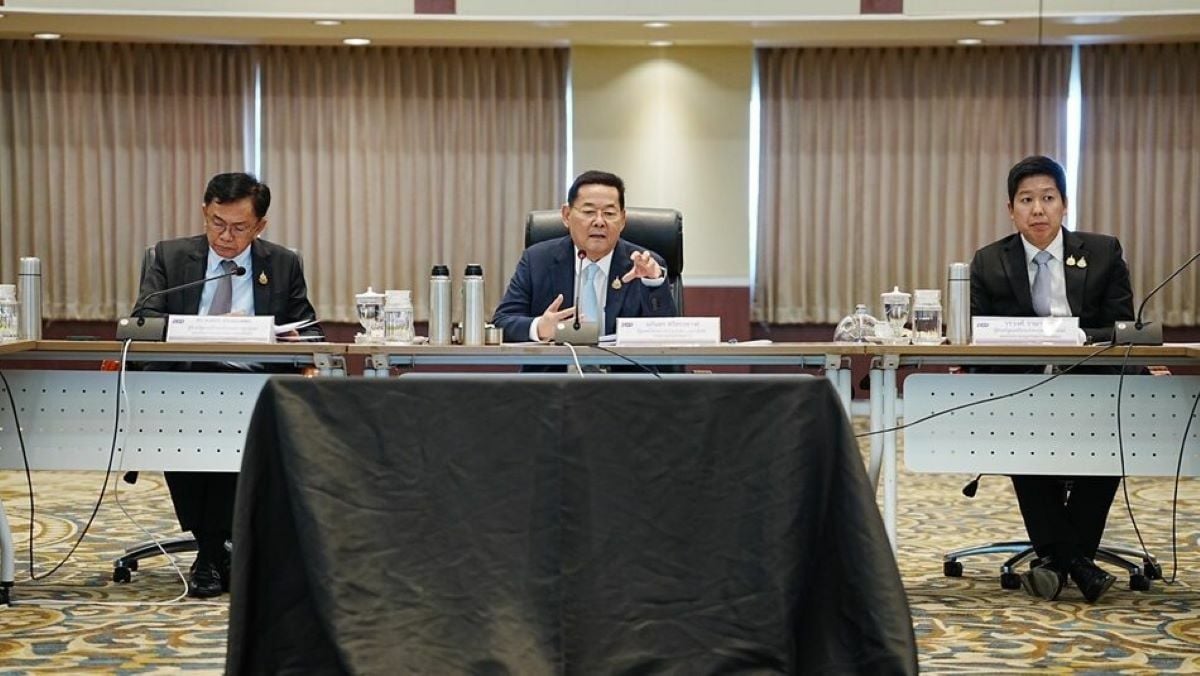Thailand unveils plan to boost SMEs, tackle substandard imports

The Deputy Minister of Commerce, Napintorn Srisangpang, has reported on the outcomes of the second meeting of the subcommittee aimed at promoting and upgrading Thai SMEs, alongside tackling the issue of substandard foreign goods.
The meeting, involving 20 related government agencies, categorised products into three groups: agricultural, consumer, and industrial products. To address these issues, a three-phase plan, short, medium, and long-term, has been outlined, incorporating five specific measures.
The first measure involves strict enforcement of existing regulations. This includes increasing the frequency of customs inspections at border checkpoints and enhancing the scrutiny of websites and products on online platforms to ensure compliance with Thai laws.
Additionally, there will be an increased collection of product samples for residue testing, with agricultural products grouped by risk and tested in laboratories, providing results within 24 hours.
The second measure mandates that foreign online operators register as legal entities with the Department of Business Development and establish an office in Thailand. This will enable the government to effectively oversee their activities. The third measure requires online platforms selling products in Thailand to register for VAT with the Revenue Department.
Supporting Thai SMEs through online marketing training forms the fourth measure. Finally, the fifth measure seeks to expand collaboration with international e-commerce platforms to promote Thai products abroad. The subcommittee plans to present these measures to the Committee for Managing Foreign Goods and Business Problems, chaired by Commerce Minister Pichai Naripthaphan, for consideration tomorrow, November 30.
Prioritising quality
Napintorn emphasised the intention of government agencies to establish memorandums of understanding with e-commerce platforms to enforce regulations on low-quality, illegal, or intellectual property-infringing products. This would lead to the removal of such products from platforms.
“The government has been intensifying efforts since July to address these issues. After implementing VAT collection, the value of online imported goods decreased by approximately 20%, averaging 2 billion baht monthly, compared to 3.2 billion baht before these measures.
“From July 1 to November 21, 2024, the Customs Department collected 707 million baht in import VAT and seized numerous substandard and illegal products, with total damages amounting to approximately 506 million baht. Seized items included electronic cigarettes, footwear, and vitamins.”

These measures are expected to effectively tackle the problem of substandard foreign goods while protecting Thai consumers from the risks associated with using such products. Concurrently, they aim to elevate Thai products to international standards, thereby increasing their value and acceptance among both Thai and foreign consumers.
This initiative is projected to raise the contribution of SMEs to 40% of the GDP by the year 2027, reported KhaoSod.
Latest Thailand News
Follow The Thaiger on Google News:


























